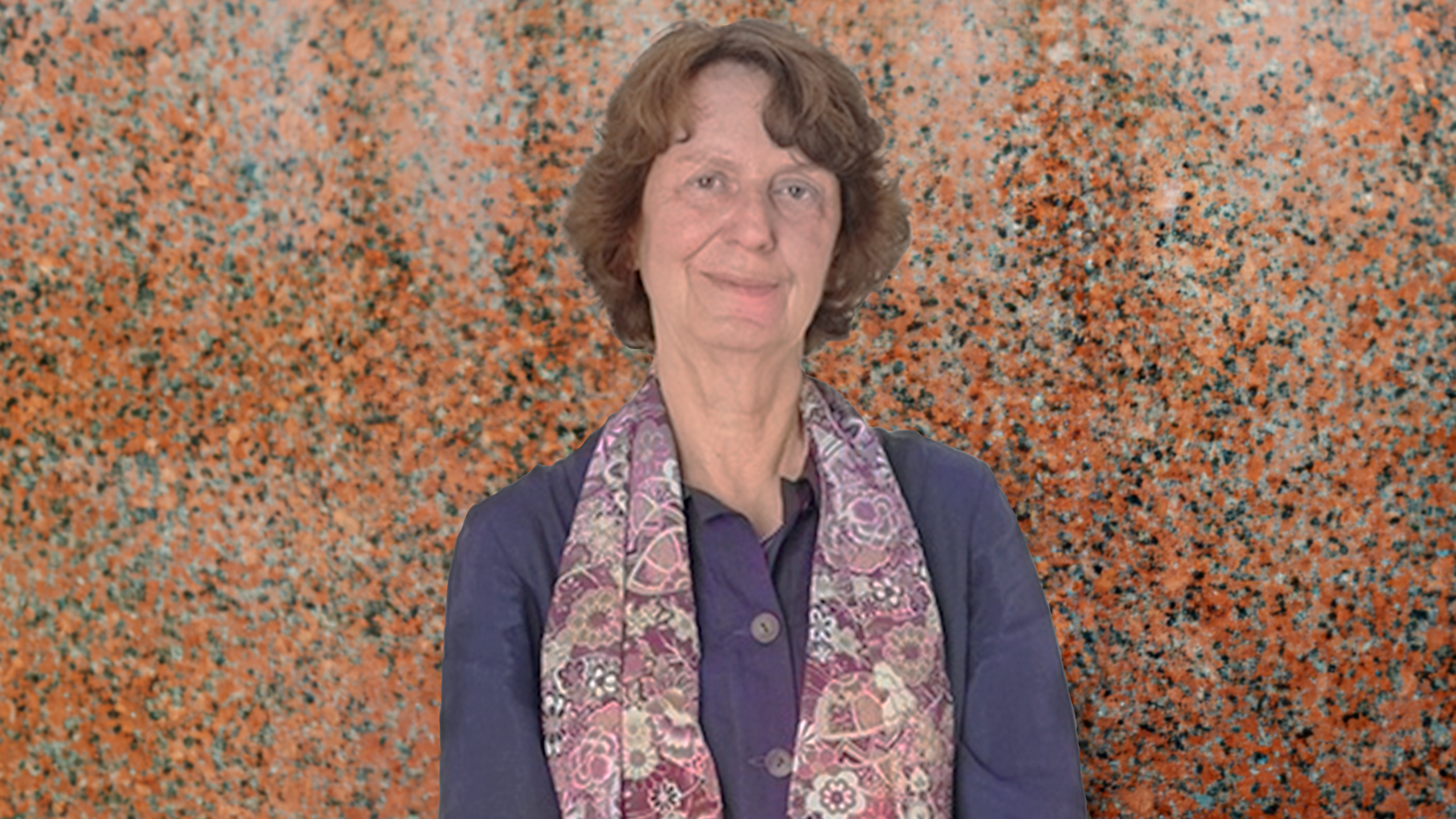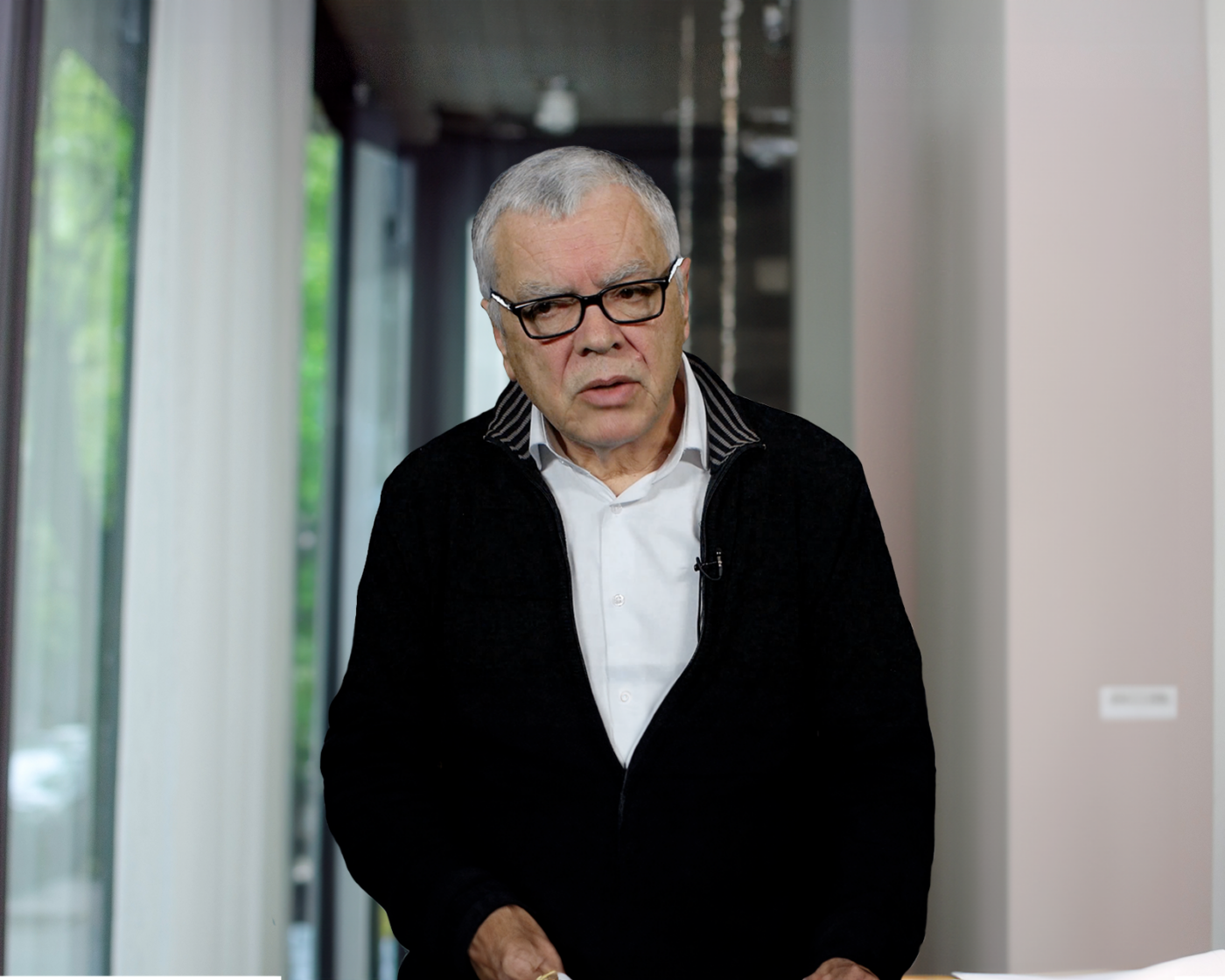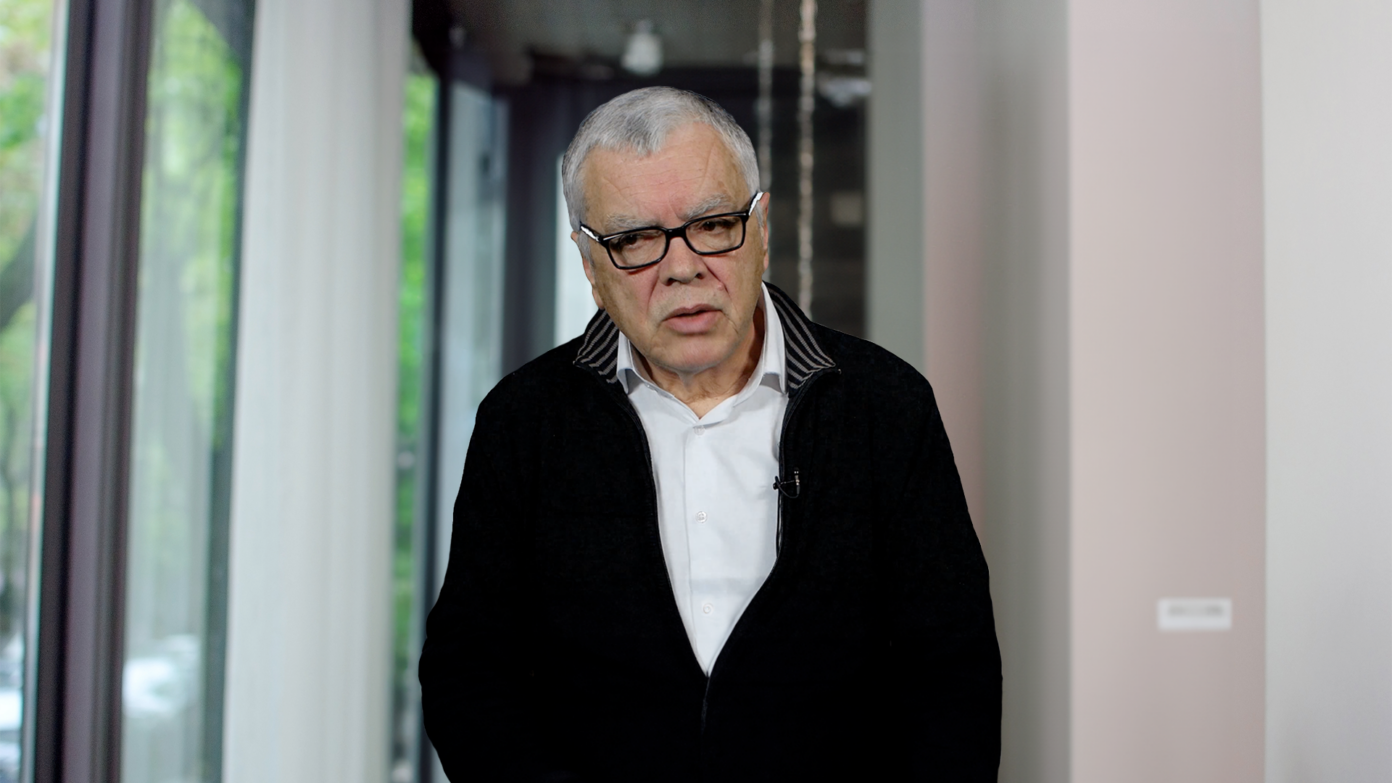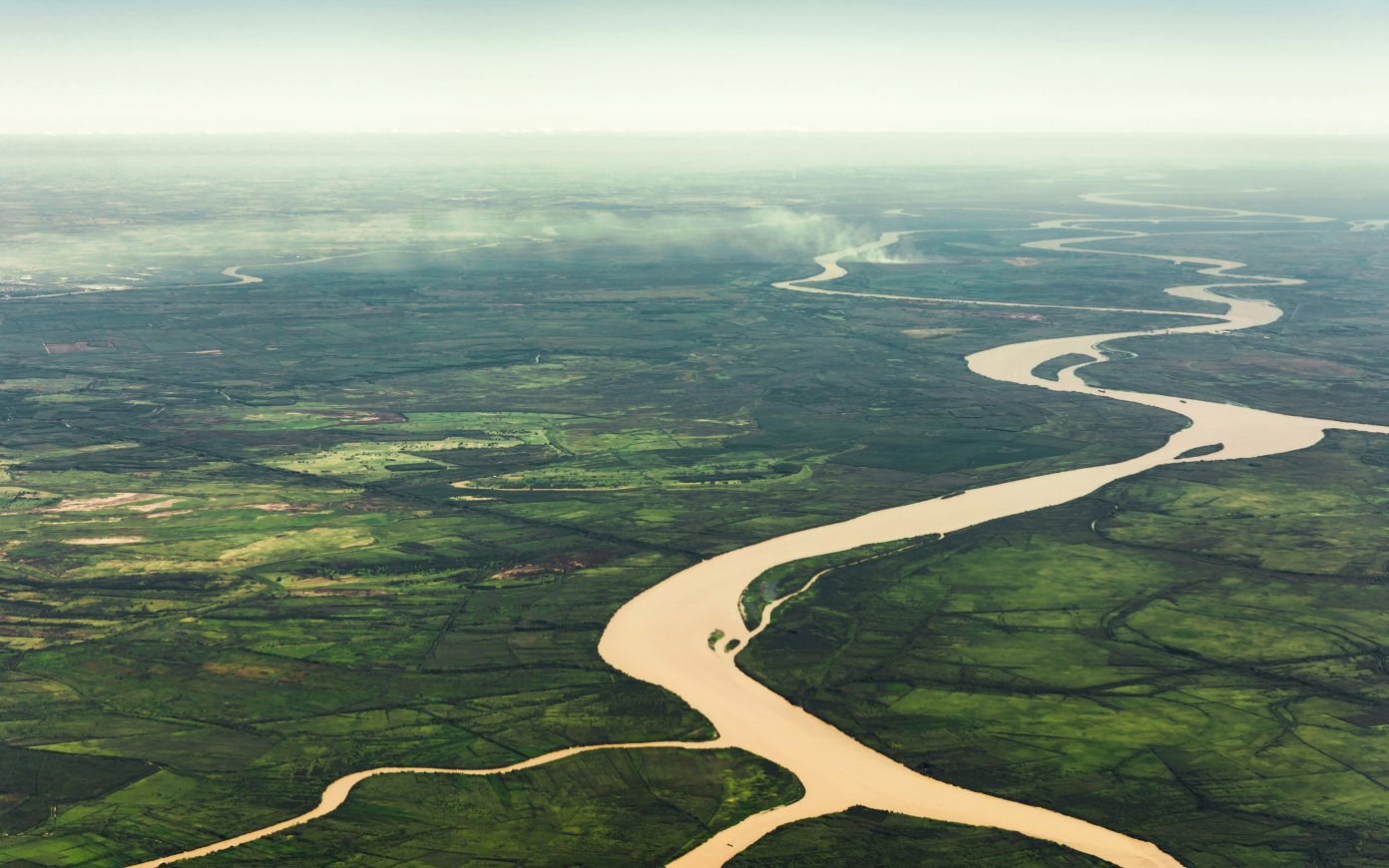A Multilevel Approach to Care
The logic of domination is now broadly called into question and the pandemic crisis has indeed revealed the importance of everyday professions, giving new relevance to care ethics. These encompass a general attitude of care as well as an entire field of occupations and practices that are made invisible. Philosopher Sandra Laugier, who popularized the concept in France, traces its roots back to the feminist struggles that aimed to make another voice heard, in the opposition between ethics centered on good and evil, which are rather male and highly valued, and ethics centered on responsibility, which tend to be female and discredited. Care thus offers a systemic framework that makes it possible to take into account vulnerability and responsibility at all scales, from the household to the planet.





